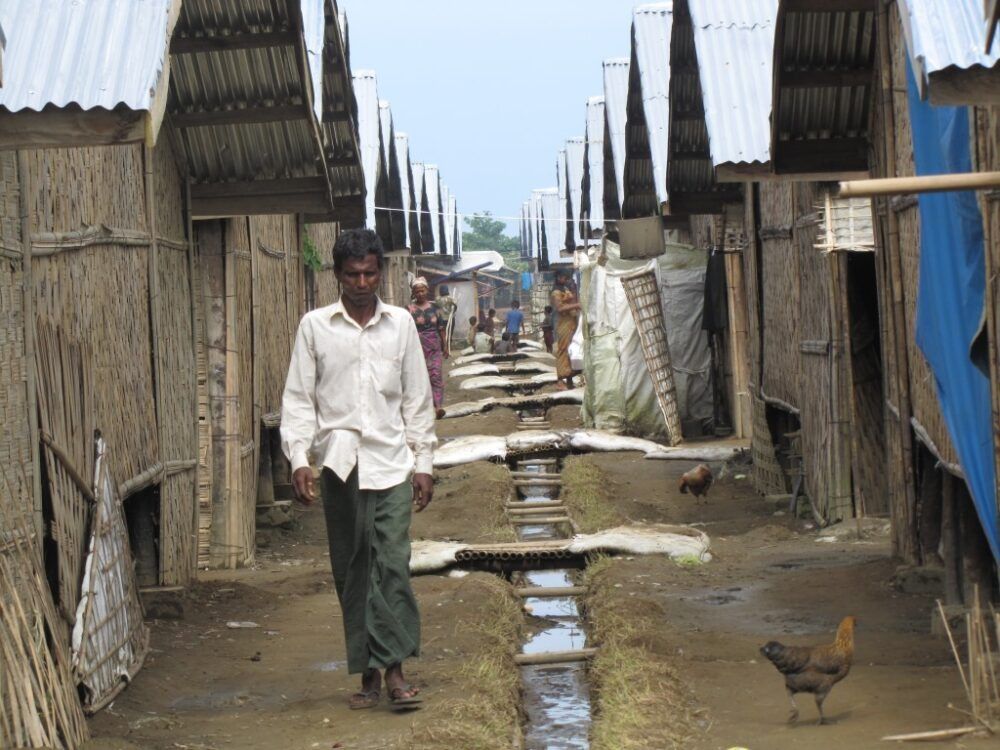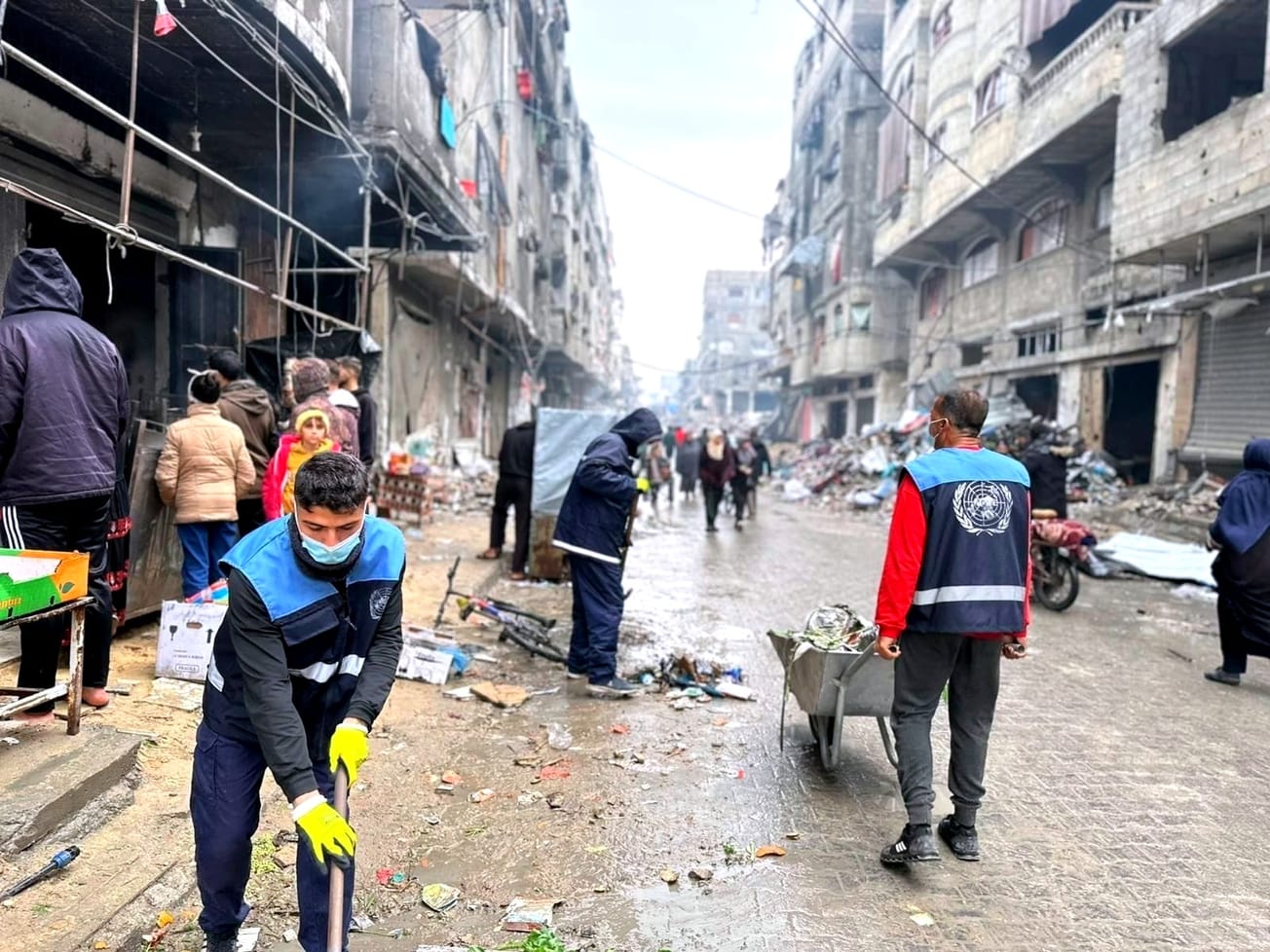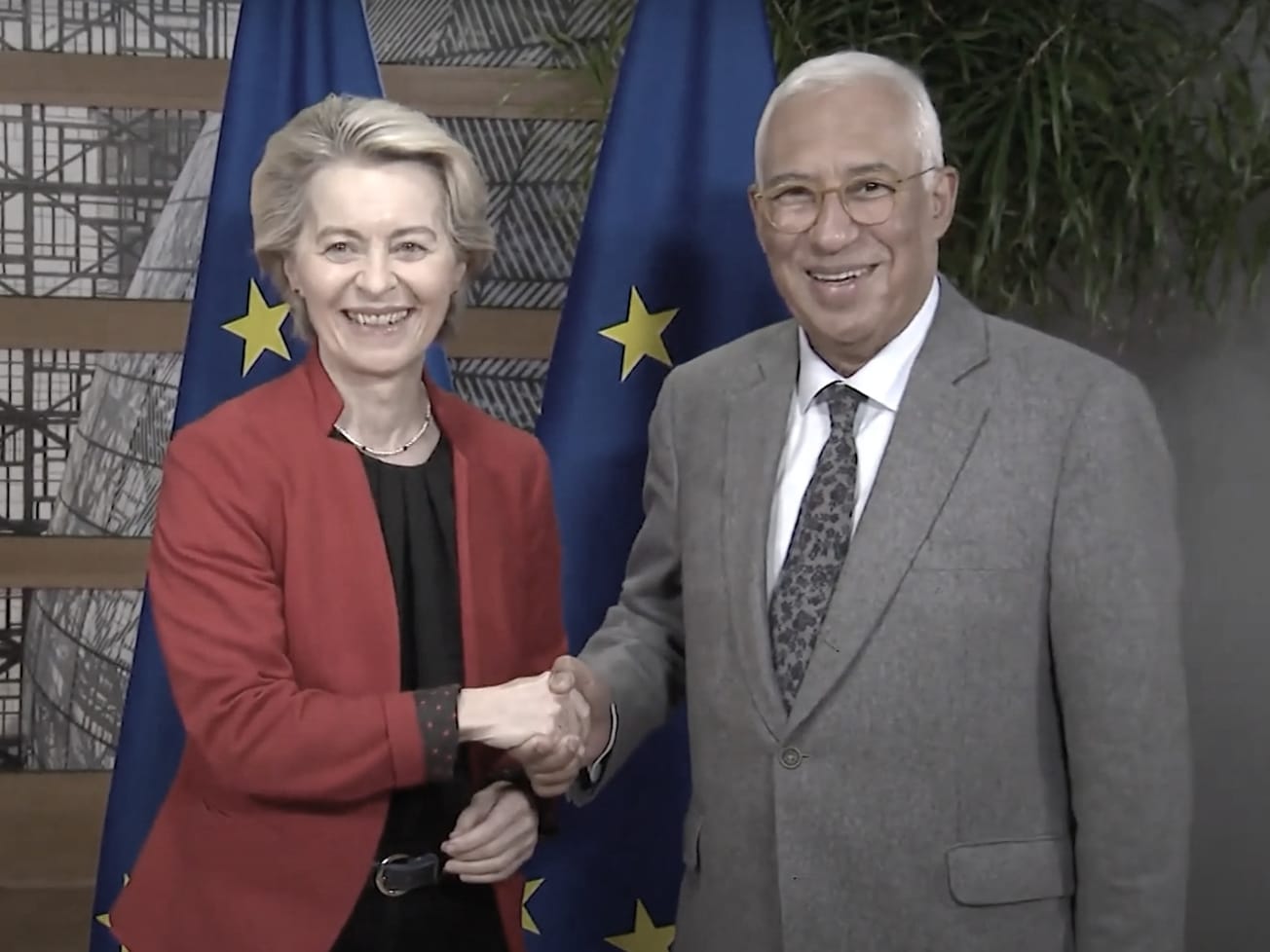The International Court of Justice ordered Myanmar's government on Thursday to do everything it can to prevent more atrocities and genocide against the nation's Rohingya Muslim minority of hundreds of thousands of people.
An opinion from ICJ, the United Nations' top court, instructs the Southeast Asian nation to "take all measures within its power to prevent the commission of all acts" that would violate the 1951 U.N. Convention on the Prevention and Punishment of the Crime of Genocide.









